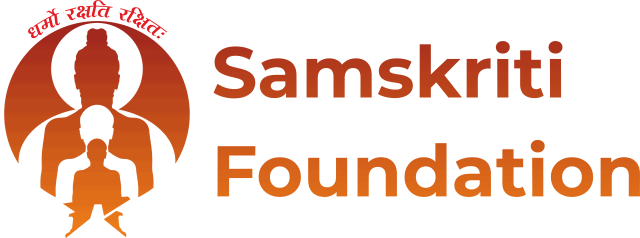The theme of the academic Session five, chaired by Sri Ramesh Srinivas Raghavan, Principal Product Manager – Adobe Inc., was ‘Sanskrit and Other ICT Tools’. The first speaker, Veda Varidhi Dr. P. Ramanujan, elaborated on the use of ICT tools for Vedic processing, emphasising the significance of accurate pronunciation and the role of technology in enhancing Vedic learning. Dr. Nithin Nagaraj, Associate Professor, NIAS, Bengaluru, explored the relevance of Indian Knowledge Systems (IKS) in the contemporary world, discussing computational truth, big data and the application of the Indic approach in various domains. Dr. R.C. Saritha, Joint Director, C-DAC, Bengaluru, shed light on the technological challenges associated with preserving and processing Sanskrit, Vedic and manuscript knowledge and highlighted the tools developed by C‐DAC for these purposes.


